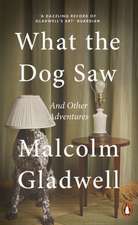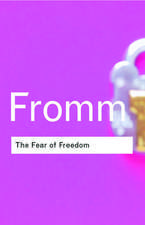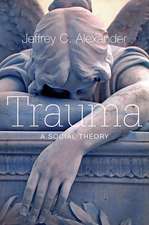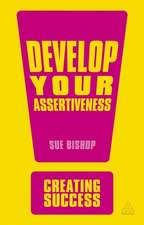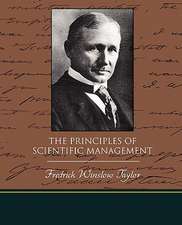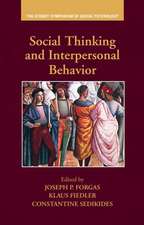Creative Experience
Autor Mary Parker Folletten Limba Engleză Paperback – 22 iul 2021
| Toate formatele și edițiile | Preț | Express |
|---|---|---|
| Paperback (2) | 116.29 lei 3-5 săpt. | |
| Left Of Brain Onboarding Pty Ltd – 22 iul 2021 | 116.29 lei 3-5 săpt. | |
| Martino Fine Books – 5 noi 2013 | 193.06 lei 38-44 zile |
Preț: 116.29 lei
Nou
Puncte Express: 174
Preț estimativ în valută:
22.26€ • 23.15$ • 18.37£
22.26€ • 23.15$ • 18.37£
Carte disponibilă
Livrare economică 25 martie-08 aprilie
Preluare comenzi: 021 569.72.76
Specificații
ISBN-13: 9781396319105
ISBN-10: 1396319107
Pagini: 222
Dimensiuni: 152 x 229 x 14 mm
Greutate: 0.37 kg
Editura: Left Of Brain Onboarding Pty Ltd
ISBN-10: 1396319107
Pagini: 222
Dimensiuni: 152 x 229 x 14 mm
Greutate: 0.37 kg
Editura: Left Of Brain Onboarding Pty Ltd
Descriere
Descriere de la o altă ediție sau format:
2013 Reprint of 1951 Edition. Full facsimile of the original edition, not reproduced with Optical Recognition Software. "Creative Experience" first published in 1924, reflected Mary Parker Follett's growing interest in the problems of industrial relations and the realm of management. She has the same commitment to democracy and encounter, but the focus is now on, as the title suggests, the creative use of experience. In this, her approach was basically that of a pragmatist, though she emphasized-and placed higher value on-the creative rather than the verifying aspects of experience. Follett's is a philosophy of engagement and encounter. Through thinking about our experiences, questioning their meaning and truth and looking to the people we are, it is possible to learn. But there can be dangers in this process if approached narrowly.
2013 Reprint of 1951 Edition. Full facsimile of the original edition, not reproduced with Optical Recognition Software. "Creative Experience" first published in 1924, reflected Mary Parker Follett's growing interest in the problems of industrial relations and the realm of management. She has the same commitment to democracy and encounter, but the focus is now on, as the title suggests, the creative use of experience. In this, her approach was basically that of a pragmatist, though she emphasized-and placed higher value on-the creative rather than the verifying aspects of experience. Follett's is a philosophy of engagement and encounter. Through thinking about our experiences, questioning their meaning and truth and looking to the people we are, it is possible to learn. But there can be dangers in this process if approached narrowly.

